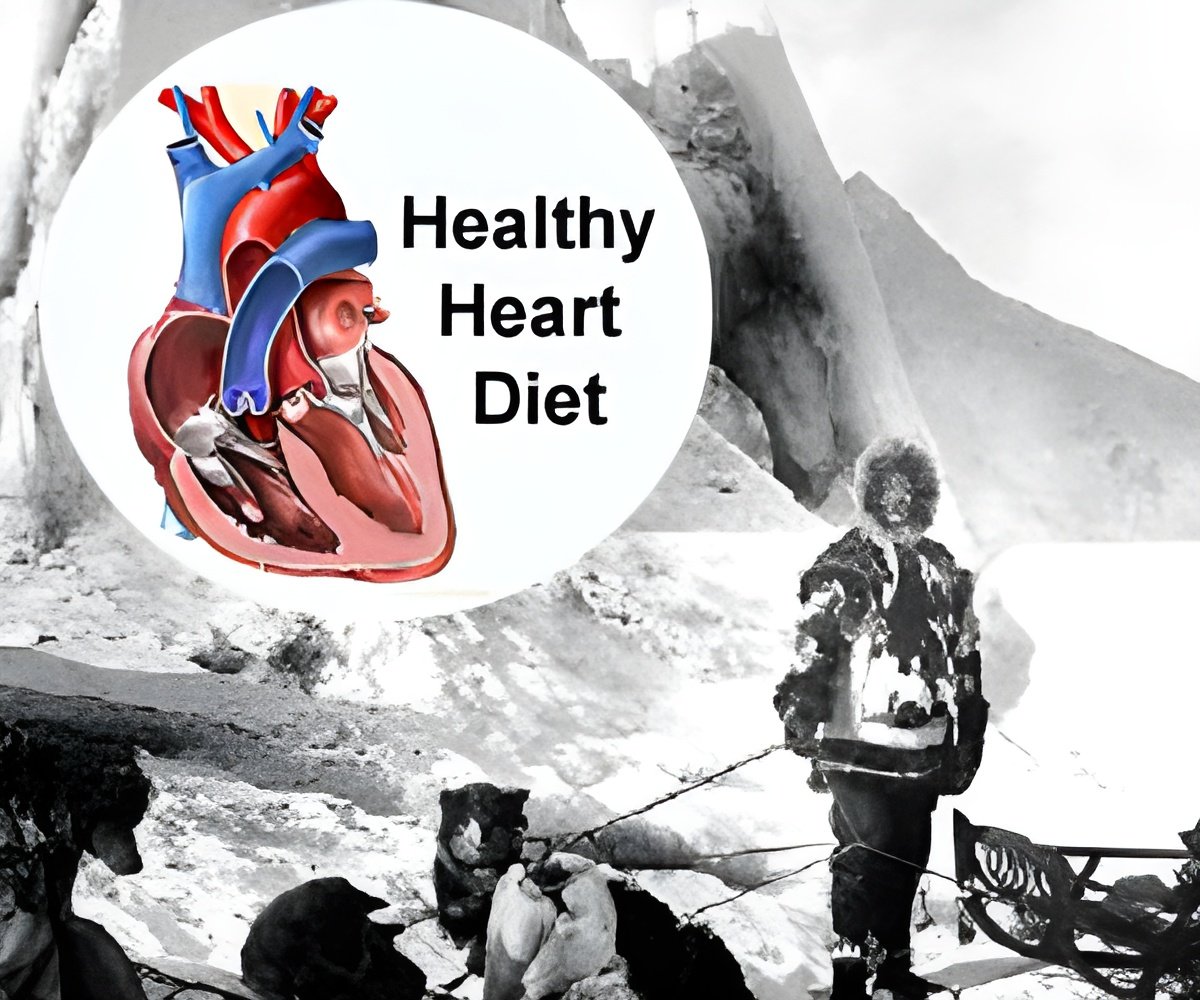The n-3 PUFA content of diet and genetic variations are important determinants of heart disease in the Inuit population.

A study evaluated whether variations in genes involved in lipid metabolism, and the total n-3 PUFA intake affected the concentration of cholesterol and other lipids in the blood, and therefore influenced the risk of heart disease in this population. The n-3 PUFA intake was estimated by measuring the percentage of total n-3 PUFA in the red blood cells. A food frequency questionnaire was also administered to study the food intake in the previous year.
The researchers found a correlation between a higher intake of n-3 PUFA and lower levels of triglycerides, and higher concentrations of total cholesterol, HDL-cholesterol and LDL-cholesterol. The HDL-cholesterol is considered good for the heart, whereas the others are linked to heart disease.
The researchers also found that variations in CETP, AGT, APOA5, APOA4 and APOC3 genes are associated with heart disease. This could possibly explain the reason why Inuits on the same diet are at a variable risk for developing heart disease. It is also possible that genetic variations and diet are together interlinked to increase the risk of heart disease.
The researchers thus concluded that n-3 PUFA intake and genetic variations are associated with increasing the risk for heart disease.
Reference:
Source-Medindia
 MEDINDIA
MEDINDIA




 Email
Email










